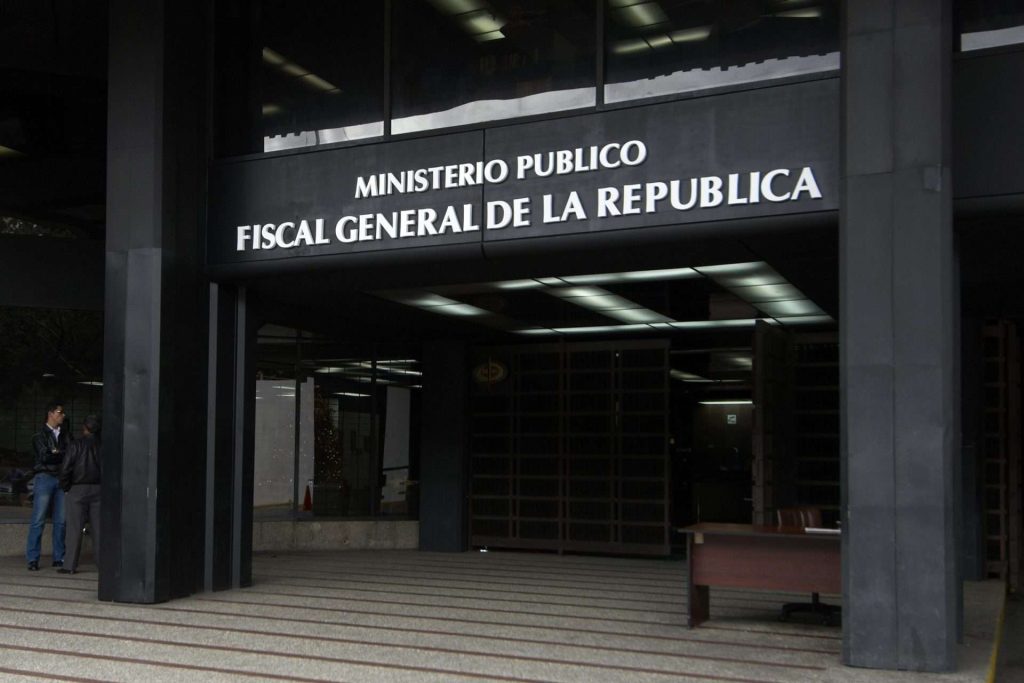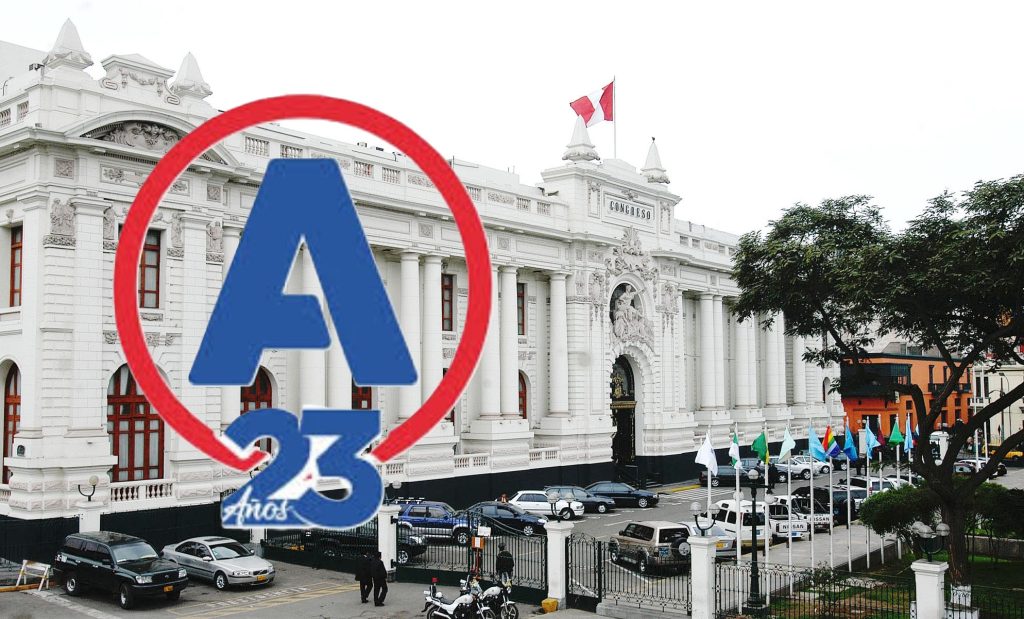The Economic Commission for Latin America and the Caribbean (ECLAC) warned about the possible negative impact that the socioeconomic measures applied by the president-elect of the United States, Donald Trump, could bring to the region, as they could affect exports, the sending of remittances and slow down the reduction of monetary policy interest rates.
The Executive Secretary of ECLAC, José Manuel Salazar-Xirinachs, highlighted that the effects could be different depending on the country, and the most affected would be those that are most dependent on the United States, affecting the flow of foreign currency income.
He indicated that those countries in which the US is the first or second trading partner will feel a greater effect and in this case Mexico is the most vulnerable since 84% of its exports of goods go to the US.
He indicated that Trump has highlighted that he would carry out mass deportations and this could cause a reduction in remittances.
Another element is that several of the measures announced by Trump could prove inflationary, for the American economy itself and with inflationary radiation effects in many countries.
Salazar-Xirinachs cited as an example the tariffs on imports, as well as the deportation program that would reduce the workforce and in that sense can raise wages in some occupations. It is estimated that around 3.3% of the total population of the United States are illegal immigrants.
He said that in the event of a rebound in inflation in the US, it would be expected that the Federal Reserve would be forced to reverse the process of lowering reference rates that began in September, or at least make it slower. This would have effects on global financial markets and therefore also in the region and for the same reason the room for maneuver of central banks to continue relaxing the monetary policy stance could be reduced.
“That is to say, there are all kinds of connections here in terms of trade policy with migration and with some macroeconomic aspects and interest rates. Including then an impact on a possible reduction or at least restriction of fiscal space in Latin American countries to the extent that monetary policy rates do not continue to be reduced as has been the recent trend,” he expressed during the presentation of the report. Preliminary Balance of the Economies of Latin America and the Caribbean 2024.















